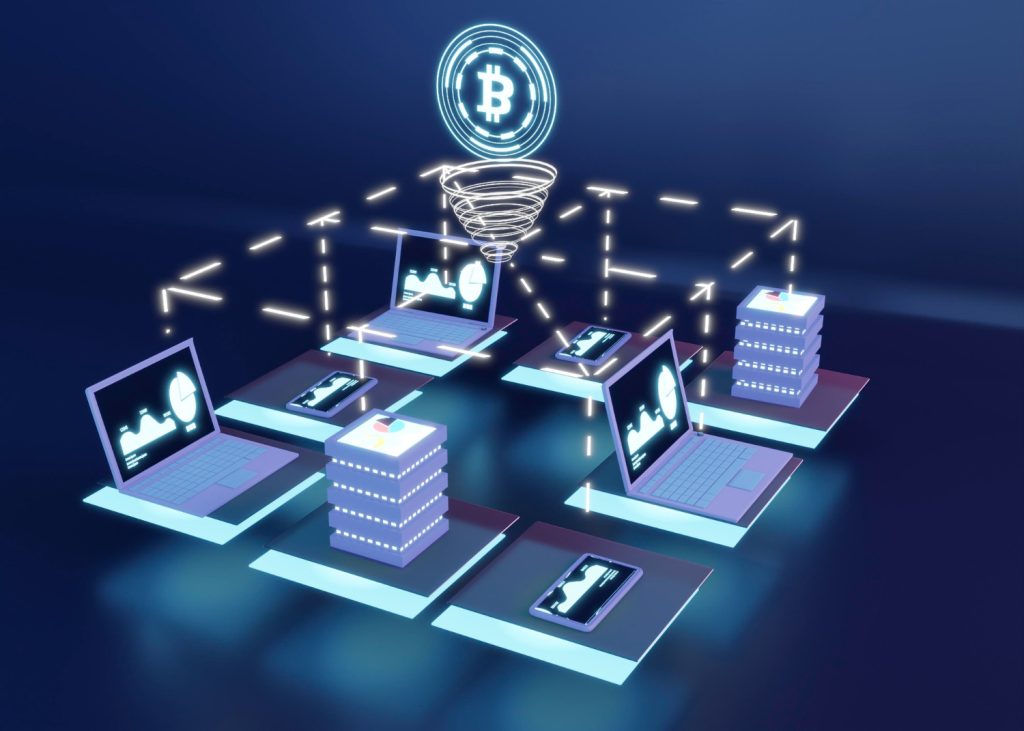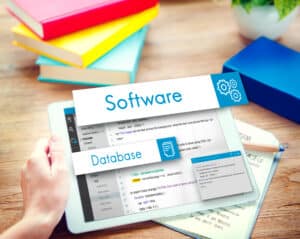Blockchain for Secure Software Transactions: Building Trust in Digital Interactions
In the fast-paced world of digital transactions, security is paramount. From online purchases to sensitive data transfers, ensuring the integrity and confidentiality of transactions is crucial. This is where blockchain technology shines.
Imagine a digital ledger, a decentralized database that records transactions across multiple computers so that the stored information cannot be altered retroactively. That’s essentially what blockchain is—a chain of blocks containing digital information, with each block cryptographically linked to the previous one. This structure ensures transparency, security, and immutability.
So, how does blockchain ensure secure software transactions? Let’s break it down.
Firstly, decentralization plays a key role. Traditional centralized systems rely on a single control point, making them vulnerable to hacking and manipulation. In contrast, blockchain operates on a distributed network of nodes containing a copy of the entire blockchain. This means there’s no single point of failure, making it extremely difficult for malicious actors to tamper with the data.
Secondly, cryptographic techniques are employed to secure transactions. Each block in the blockchain contains a cryptographic hash of the previous block, along with transaction data. This hash is a unique identifier and is generated using complex mathematical algorithms. Any alteration to the data within a block would change its hash, thereby disrupting the chain and alerting the network to foul play.
Moreover, blockchain transactions are transparent and traceable. Every transaction is recorded on the blockchain and can be viewed by anyone accessing the network. This transparency fosters trust and accountability, as all parties involved can verify the integrity of the transactions.
Blockchain technology is already revolutionizing various industries, from finance to supply chain management. In the realm of software transactions, it offers unparalleled security and trustworthiness. Whether licensing agreements, software updates, or digital asset transfers, blockchain ensures that transactions are executed securely and transparently.
In conclusion, blockchain is not just a buzzword—it’s a game-changer for secure software transactions. By leveraging decentralization, cryptography, and transparency, blockchain provides a robust framework for building trust in digital interactions. As we embrace the digital age, blockchain will continue to play a pivotal role in safeguarding our online transactions.
So, the next time you engage in a software transaction, remember the power of blockchain—a technology shaping the future of secure digital exchanges.
Read Also:














